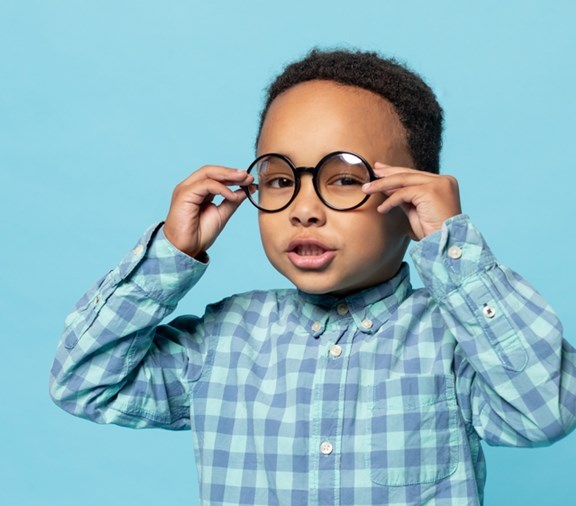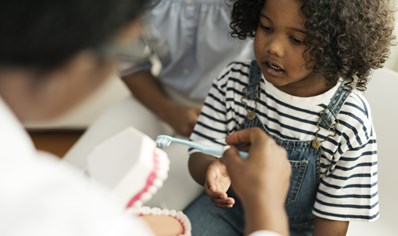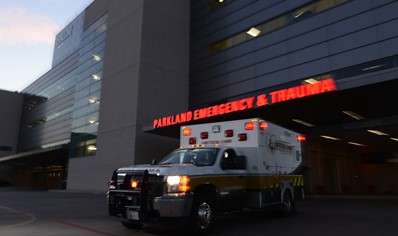
Poor Vision Can Cause Problems at School
December 22, 2023
Is your child in school? You probably know that good sleep and good nutrition are important for their success in the classroom.
Good vision is just as important. School days are long, with many demands on your child’s eyes.
These demands include:
- Reading, including books with longer paragraphs and smaller words as your child advances through the school years.
- Writing, which requires them to copy letters and words neatly within the lines.
- Chalkboard work, which means your child will need to see distant words and numbers clearly.
- Computer use, both on larger and smaller screens. If your child struggles to focus, reading on a computer screen can strain their eyes.
According to the American Optometric Association, your child needs to be able to perform a variety of different visual skills throughout the school day.
These include:
Visual acuity—which means your child can read words with no problem, whether they are
- across the room on a poster or chalkboard.
- on the computer and up close, such as when reading a book or worksheet.
Eye focusing—this is the ability to switch focus from close up to far away with no issues.
Eye tracking—which is defined as your child’s ability to “follow” an object with their eyes when it is moving, or moving the eyes along a printed page without losing focus.
Eye teaming—this is using both eyes as a “team” when
- reading sentences over a printed page.
- judging distances and depth, such as when playing sports.
Eye-hand coordination—which is using visual information to guide the hands when writing letters or numbers, drawing, or trying to hit or kick a ball.
Visual perception—this is your child’s success in organizing images on a printed page into letters and words, and to remember what they read.
Does poor vision lead to short attention span?
Can your child read and write without straining, squinting, or rubbing their eyes? Do they have frequent headaches?
When their vision is healthy, children have a better chance of keeping up with other students in the class. When the words on the blackboard or the page are blurry, children can because restless and bored.
Some teachers and parents might assume the child has problems with attention and behavior when they need eyeglasses, contact lenses, or vision therapy instead.
That’s why all children should see the eye doctor for a comprehensive eye exam every year. Even if your child does not mention struggling to see or read in school, you should schedule them for one of these important exams.
Vision can change as your child grows, so yearly checks are the easiest ways to help your child protect their eyesight—and their success at school.
Be Sure to Use Your Vision Benefits
Parkland Community Health Plan partners with Avēsis to provide services like eye exams and glasses.
Find an eye doctor near you:
- Call Member Services 1-866-678-7113.
- Visit the Avēsis website.
You do not need a referral from your primary care provider to see an eye doctor.
Parkland HEALTHfirst and KIDSfirst members age 20 or younger can get an eye exam and glasses every 12 months.
HEALTHfirst members age 21 and over can get an eye exam every 24 months.
Get Extra Benefits and Paid Rewards for Vision Care
- HEALTHfirstand KIDSfirst members can get $100 every 2 years toward new frames.
Learn more about extra benefits and paid rewards here.



